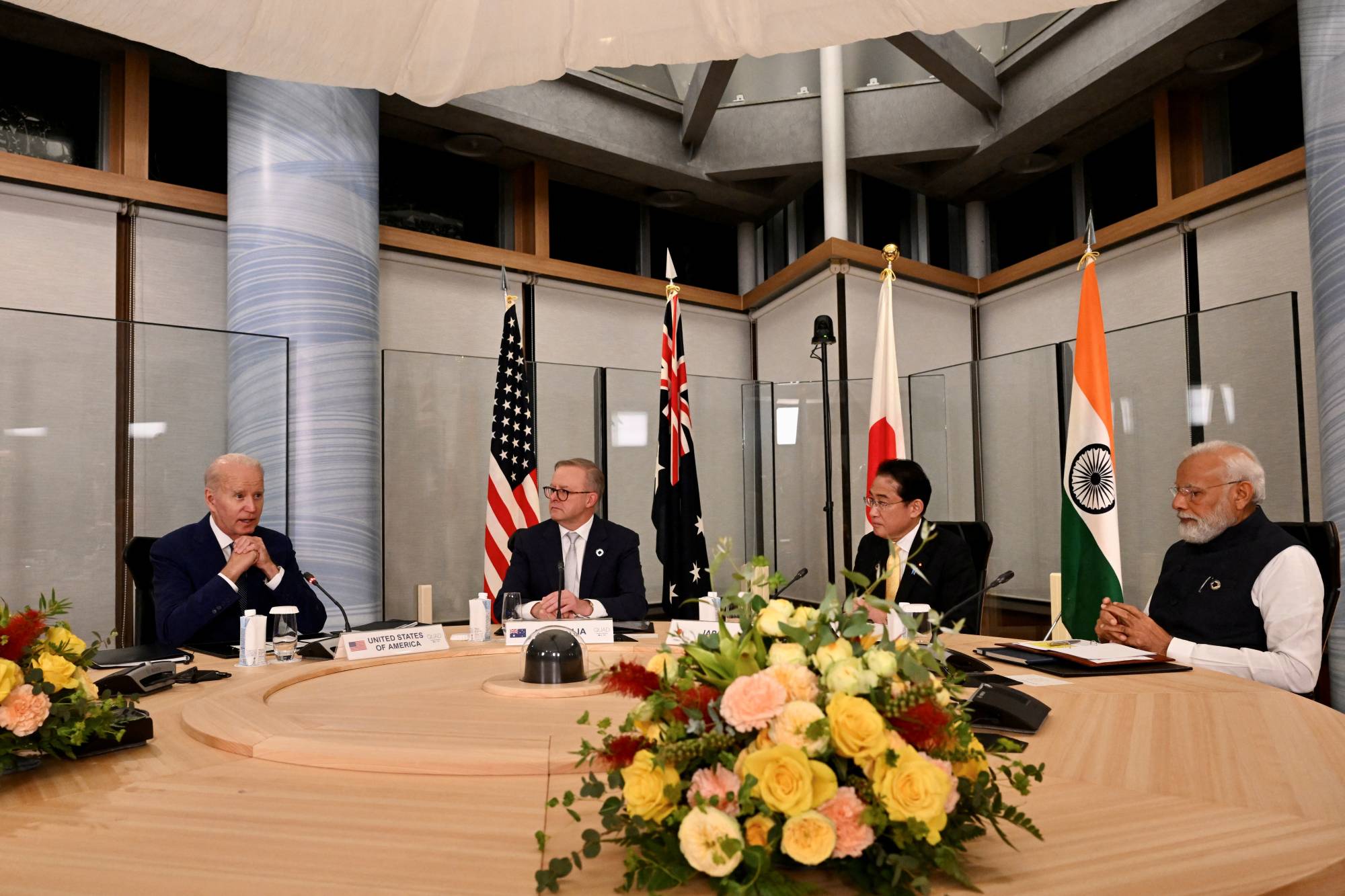From May 22–23, the Toda Peace Institute convened a brainstorming retreat at its Tokyo office with 16 high-level international participants.
One of the key themes was the changing global power structure and normative architecture, with the resulting implications for world order, the Indo-Pacific and the three U.S. regional allies Australia, Japan and South Korea. The two background factors that dominated the conversation, not surprisingly, were China-U.S. relations and the Ukraine war.
The conflict in Ukraine has shown the sharp limits of Russia as a military power. Both Russia and the U.S. badly underestimated Ukraine’s determination and ability to resist (“I need ammunition, not a ride,” President Volodymyr Zelenskyy famously said when offered safe evacuation by the Americans early in the war), absorb the initial shock and then reorganize to launch counteroffensives to regain lost territory. Russia is finished as a military threat in Europe. No Russian leader, including Vladimir Putin, will think again for a very long time indeed before attacking a NATO ally in Europe.



















With your current subscription plan you can comment on stories. However, before writing your first comment, please create a display name in the Profile section of your subscriber account page.